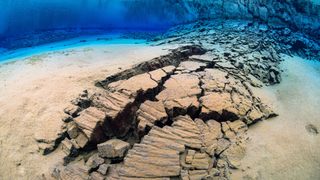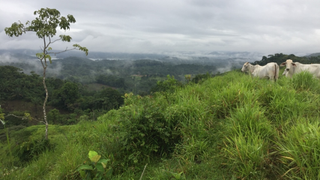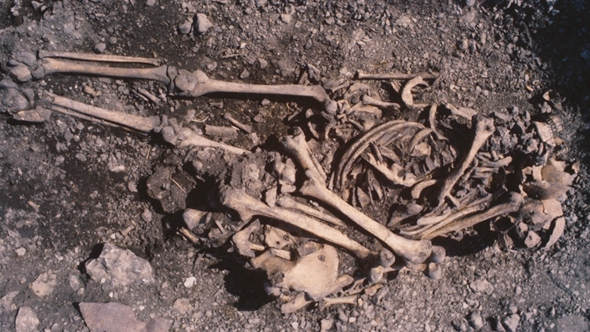Planet Earth news, feature and articles
Explore Planet Earth
Editor's Picks
Latest about Planet Earth
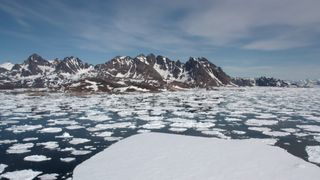
Critical moment when El Niño started to erode Russia's Arctic sea ice discovered
By Skyler Ware published
Scientists discover a tipping point that took place in 2000, where El Niño’s effect on sea ice loss in Siberia was amplified.

'Doomsday Clock' ticks 4 seconds closer to midnight
By Stephanie Pappas published
The Bulletin of the Atomic Scientists now says humanity is a metaphorical 85 seconds to global disaster.
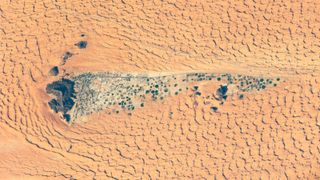
Ancient lake full of crop circles lurks in the shadow of Saudi Arabia's 'camel-hump' mountain
By Harry Baker published
Earth from space A 2020 astronaut photo shows the oasis town of Jubbah lurking within a paleolake in the wind shadow of Saudi Arabia's "two camel-hump mountain."
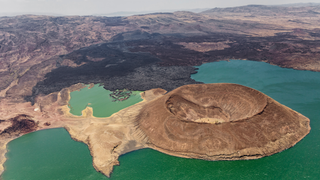
A drying climate is making East Africa pull apart faster
By Stephanie Pappas published
A switch from a humid to a dry climate has led the Eastern African Rift Zone to pull apart more freely, new research finds.

Chocolate Hills: The color-changing mounds in the Philippines that inspired legends of mud-slinging giants
By Sascha Pare published
The Chocolate Hills are 1,776 mounds on Bohol Island in the Philippines where grassy cover turns brown during the dry season.

Arctic blast probably won't cause trees to explode in the cold — but here's what happens if and when they do go boom
By Patrick Pester published
An exploding tree claim has gone viral as the U.S. brace for an Arctic blast that will send temperatures plunging, triggering a massive and long-lasting winter storm.
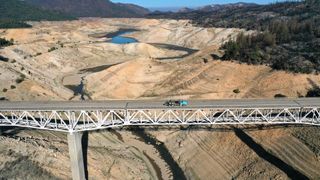
Californians have been using far less water than suppliers estimated — what does this mean for the state?
By Chris Simms published
Flawed assumptions about water demand mean suppliers in California overestimated future demand by an average of 74% over 20 years — positive news for the drought-embattled state.

Enormous freshwater reservoir discovered off the East Coast may be 20,000 years old and big enough to supply NYC for 800 years
By Sascha Pare published
An expedition off the coast of Massachusetts has confirmed the existence of a freshwater reservoir beneath the seafloor. Now, scientists are starting to understand when and how it formed.
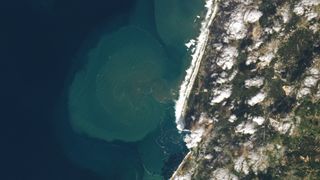
Giant underwater plumes triggered by 7-story waves at Nazaré captured off Portuguese coast
By Harry Baker published
Earth from space A 2020 satellite photo shows the immense power of 7-story waves crashing along the Portuguese coast. Later the same day, a surfer rode a 101-foot-tall wave at Nazaré, setting a new world record.

Last year, the oceans absorbed a record-breaking amount of heat — equivalent to 12 Hiroshima bombs exploding every second
By Eos.org, Grace van Deelen published
In 2025, the ocean absorbed an extra 23 zettajoules of heat energy in 2025, breaking the ocean heat content record for the ninth consecutive year.
Get the world’s most fascinating discoveries delivered straight to your inbox.
 Live Science Plus
Live Science Plus










